Editing
Master The Art Of Visual Storytelling!
Register Now!
What you will learn
At Rifti Film School, editing is taught as a powerful storytelling craft that shapes the final impact of any film. Students learn how to transform raw footage into a coherent and engaging narrative by understanding pacing, rhythm, and emotional timing. Through guided exercises, they discover how every cut, transition, and sequence influences the viewer’s experience.
Rifti’s editing curriculum blends creative insight with technical mastery. Learners gain hands-on experience with industry-standard software such as Adobe Premiere Pro, DaVinci Resolve, and Final Cut Pro. They explore essential techniques like color correction, sound design, continuity management, and multi-layer editing. By working with real footage and detailed workflows, students develop the technical confidence required in professional post-production environments.
Expert Guidance | Hands-On Learning | Comprehensive Curriculum
Shooting Floors
Editing Suites
Dubbing Studio
Cinematography Studio
Theatre Room
Resource Library
Overview
Eligibility Criteria
Qualification: Intermediate
Key Highlights
- Software Proficiency
- Editing Techniques
- Audio Editing
- Color Correction and Grading
- Project Workflow
- Visual Effects (VFX)
- Storytelling and Pacing
- Hands-On Projects
Career Options
- Video Editor
- Assistant Editor
- Film Editor
- Promo/Trailer Editor
- Television Program Editor
- Video Journalist (News & Broadcast Editing)
- Colorist (with further specialization)
- Sound & Dialogue Editor
- VFX Editor
- Conform Artist
- Online/Offline Editor
- Freelance Video Editor
- Wedding & Event Editor
- Documentary Editor
- Music Video Editor
- YouTube/Content Editor
- Social Media Editor
- Short-form/Reels Editor
- Corporate Video Editor
- Ad/Commercial Editor
Duration
We provide 3-months, 6-months and 1-year diploma programs designed to elevate every student’s filmmaking journey.
FAQ
What is Video Editing?
Color grading is a post-production process used in filmmaking and video editing to alter the appearance of an image for presentation. It involves adjusting various attributes of an image, such as contrast, color, saturation, detail, and white balance, to create a specific mood or atmosphere.
What are the key responsibilities of a Video Editor?
Assembling and manipulating raw video clips to create a cohesive final product that aligns with the director’s vision, ensuring visual consistency by managing shot sequences and maintaining logical flow throughout the project, adding and synchronizing audio elements like dialogue, sound effects, and music to enhance the viewing experience, utilizing modern editing techniques to incorporate graphics, transitions, and special effects that elevate production quality, collaborating closely with directors, producers, and team members to understand goals and incorporate feedback during the editing process.
Efficiently organizing and handling raw and edited video files for smooth workflow and easy retrieval, producing initial edits for review and making necessary adjustments based on feedback to deliver the final cut, continuously learning and implementing new editing technologies and industry best practices to improve efficiency and quality, and meeting tight deadlines to deliver projects on time while maintaining high standards of quality.
I am a beginner, What skills do I need to become a Video Editor?
To become a successful Video Editor, beginners need to develop various essential skills to help them navigate the complexities of filmmaking. Here are the key skills required:
- Technical Skills
- Creative Skills
- Organizational and Personal Skills
- Collaboration Skills
- Problem-Solving Skills
Register Today!
Adobe Premiere Pro

DaVinci Resolve
Final Cut Pro
Adobe Photoshop
After Effects
Our Top Recruiters
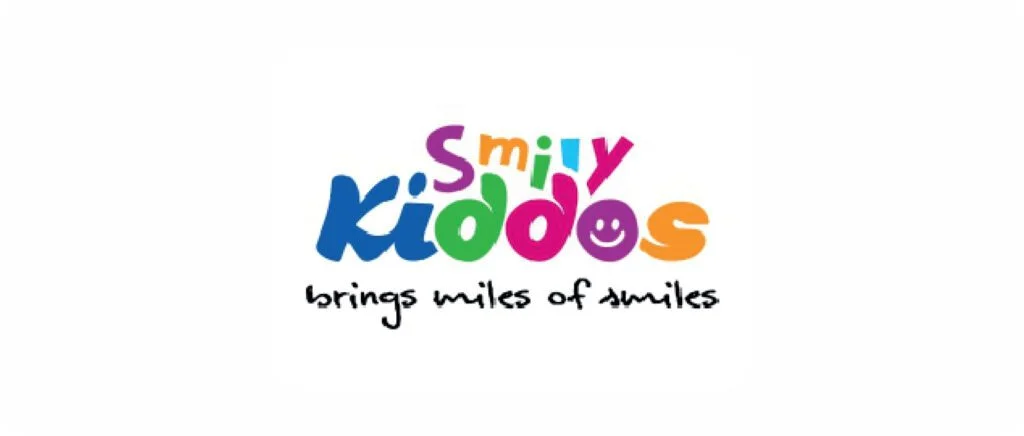
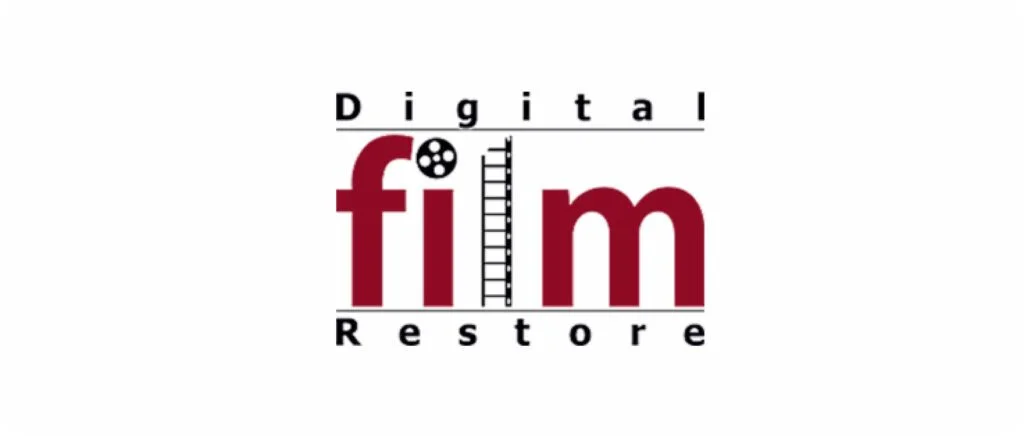
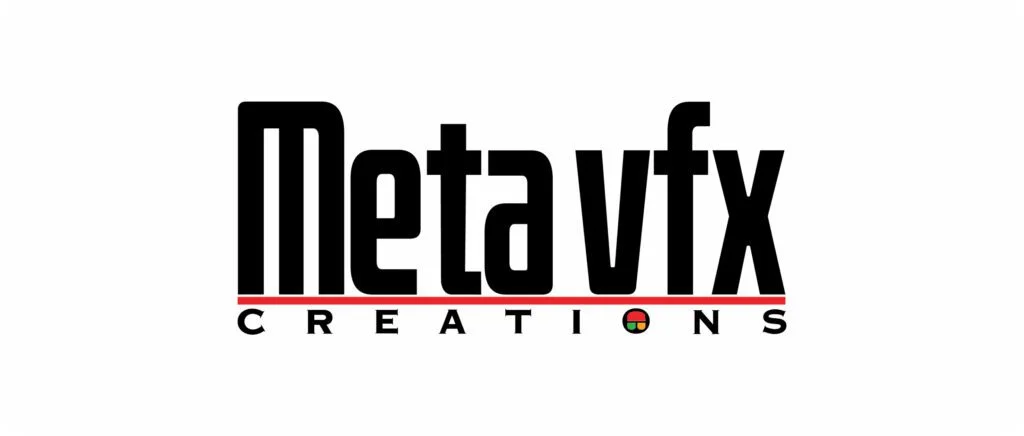


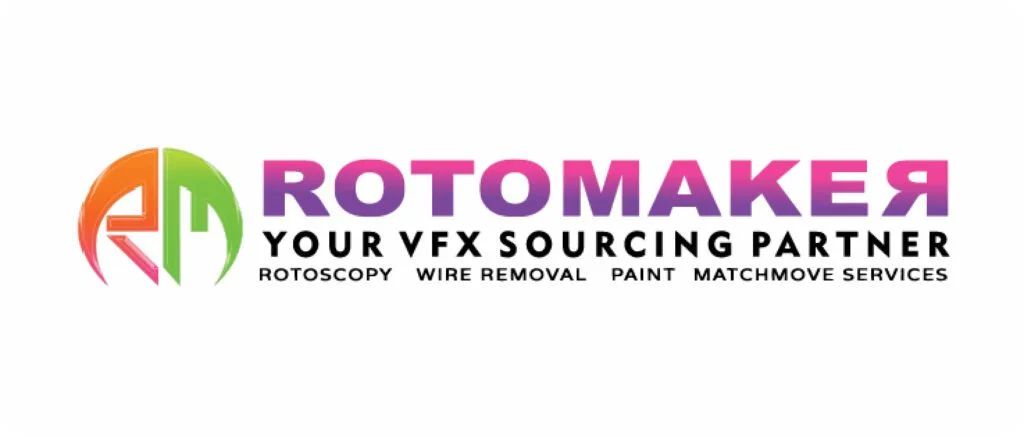
Certificate of Completion
This certificate represents your successful completion of an intensive program at RIFTI, demonstrating that you’ve gained the skills and knowledge needed to thrive in the competitive film and television industry. It stands as proof of your dedication, expertise, and readiness for professional opportunities.
This qualification can unlock access to internships, job placements, and industry collaborations – giving you a strong advantage as you step into your filmmaking career.

